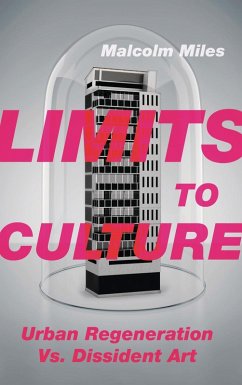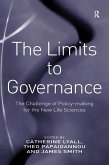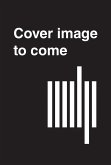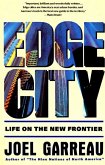How can we unmask the vested interests behind capital's 'cultural' urban agenda? Limits to Culture pits grass-roots cultural dissent against capital's continuing project of control via urban planning.
In the 1980s, notions of the 'creative class' were expressed though a cultural turn in urban policy towards the 'creative city'. De-industrialisation created a shift away from how people understood and used urban space, and consequently, gentrification spread. With it came the elimination of diversity and urban dynamism - new art museums and cultural or heritage quarters lent a creative mask to urban redevelopment.
This book examines this process from the 1960s to the present day, revealing how the notion of 'creativity' been neutered in order to quell dissent. In the 1960s, creativity was identified with revolt, yet from the 1980s onwards it was subsumed in consumerism, which continued in the 1990s through cool Britannia culture and its international reflections. Today, austerity and the scarcity of public money reveal how the illusory creative city has given way to reveal its hollow interior, through urban clearances and underdevelopment.
In the 1980s, notions of the 'creative class' were expressed though a cultural turn in urban policy towards the 'creative city'. De-industrialisation created a shift away from how people understood and used urban space, and consequently, gentrification spread. With it came the elimination of diversity and urban dynamism - new art museums and cultural or heritage quarters lent a creative mask to urban redevelopment.
This book examines this process from the 1960s to the present day, revealing how the notion of 'creativity' been neutered in order to quell dissent. In the 1960s, creativity was identified with revolt, yet from the 1980s onwards it was subsumed in consumerism, which continued in the 1990s through cool Britannia culture and its international reflections. Today, austerity and the scarcity of public money reveal how the illusory creative city has given way to reveal its hollow interior, through urban clearances and underdevelopment.
Dieser Download kann aus rechtlichen Gründen nur mit Rechnungsadresse in A, D ausgeliefert werden.









